One morning, in Ljubljana, I wake and remember a line: ‘To stay is to be nowhere …’
Between southern Slovenia and eastern Italy lie the Dinaric Alps and a region (Kras) that has lent its name to a kind of rock: Karst, which is typically associated with chalky soils and underground limestone caves.
The road from Ljubljana to the Adriatic Sea winds through sleepy villages
with cozy restaurants
that serve fresh local meat and produce: mushroom soup
and goulash of wild boar, with gnocchi.
The border, barely noticeable, skims by and the road dips down to the edge of the Adriatic Sea before rising towards a castle,
Duino, forever enchanted by Rilke’s Elegies.
Maybe what’s left for us is a tree on a hillside we can look at
day after day, one of yesterday’s streets,
and the perverse affection of a habit
that liked us so much it never let go.
A path, named after Rilke,
climbs through the forest
to the cliff
he used to walk along every day
– in fair weather and foul, says Albert Kos, a Slovenian lover of literature.
It seems right that I am there with Matthias Göritz,
a young German poet and novelist: for him, as for me, this is a mystic mountain, sacred to Rilke’s memory.
This is the time for what can be said. Here
is its country. Speak and testify…
In one direction the coast stretches towards Trieste,
and in the other, towards Venice.
I think about the magic that allows verses, written in this place,
to speak their way directly into the hearts of poets half a continent away, in Bengal. I think of Buddhadeb Bose’s marvelous translations, taut and resonant; I think of Shakti Chattopadhyaya’s renditions, wild and hypnotic.
I think of Nirmal in The Hungry Tide for whom the Duino Elegies are a scripture, a personal anthem that make this
rhyme with this:
Look, we don’t love like flowers
with only one season behind us; when we love,
a sap older than memory rises in our arms. O girl,
it’s like this: inside us we haven’t loved just some one
in the future, but a fermenting tribe; not just one
child, but fathers, cradled inside us like ruins
of mountains, the dry riverbed
of former mothers, yes, and all that
soundless landscape under its clouded
or clear destiny – girl, all this came before you.
(Trans. A. Poulin Jr.: Rainer Maria Rilke: Duino Elegies and the Sonnets to Orpheus).

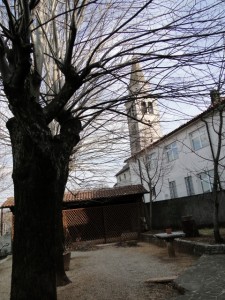
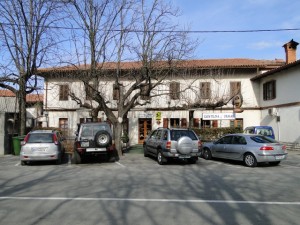
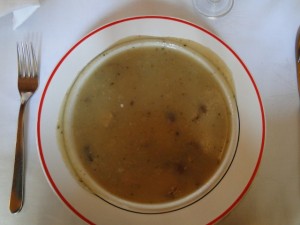
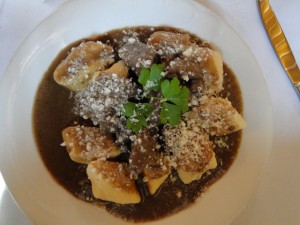
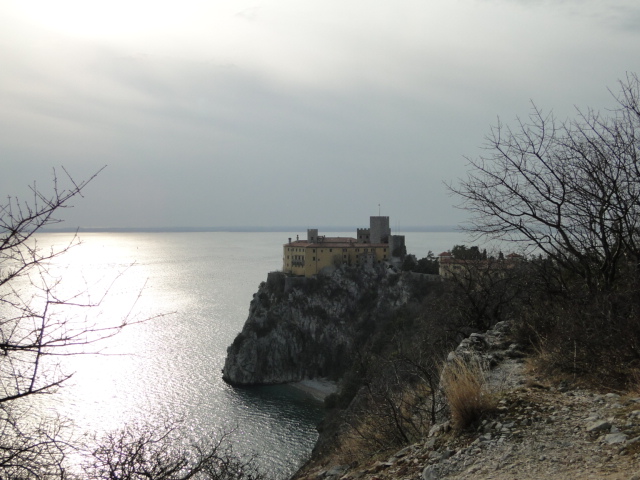
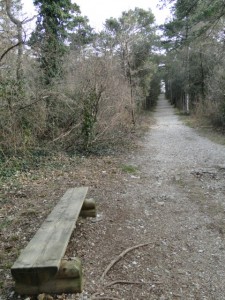
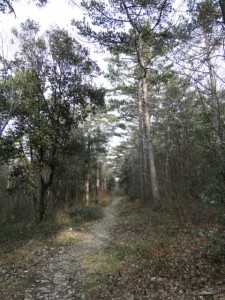
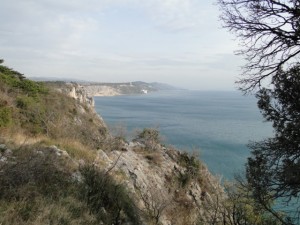
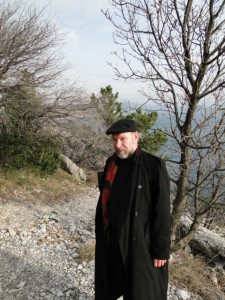
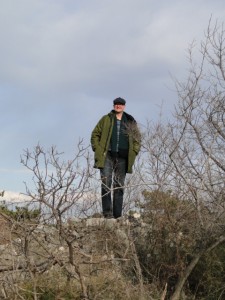
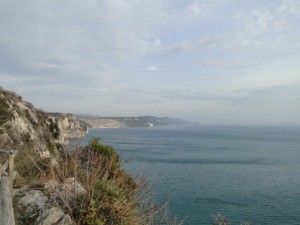
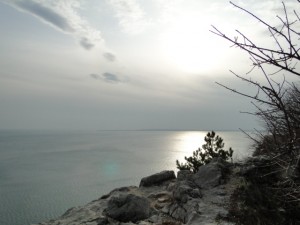
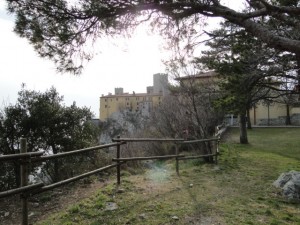
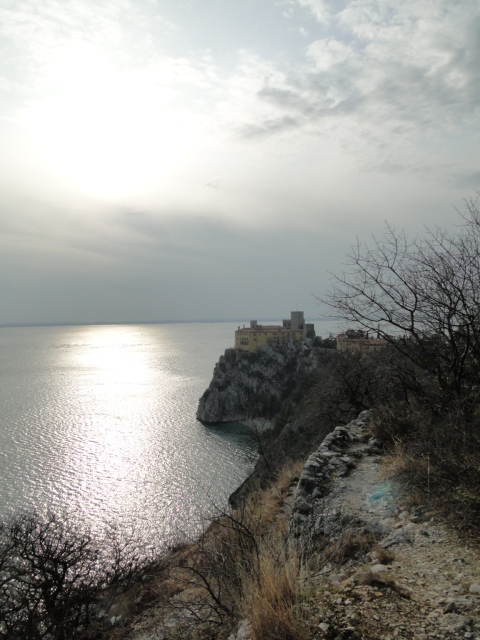
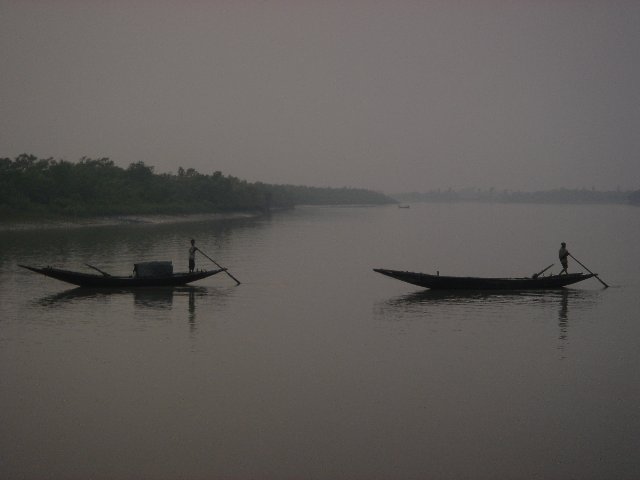
Thank you for each other magnificent post.
The journeys – both metaphorical and literal that you talk of are inspiring; so beautifully presented that they draw us -in further and further .. Thank you